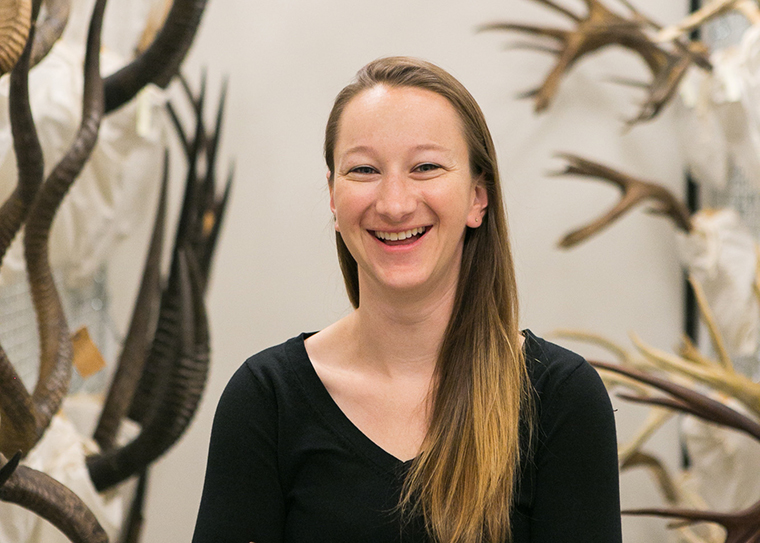The downstream consequences of religion, politics and war can have far-reaching effects on the environment and on the evolutionary processes affecting urban organisms, according to a new analysis from Washington University in St. Louis.
Typically viewed from a sociological perspective, the implications of religion, politics and war are rarely discussed in the field of evolutionary biology. That should change, according to an international team of biologists, including Elizabeth Carlen in Arts & Sciences at WashU, co-lead author of a new review published in Nature Cities.

Better understanding the effects of religion, politics and war on urban evolutionary biology can enhance our ability to design and remodel cities to make them better for people while supporting the environment and evolutionary potential within the city, study authors said.
“For a long time we have separated humans from biology. But humans, especially in urban areas, are a very active part of biology, and our decisions have consequences,” said Carlen, a Living Earth Collaborative postdoctoral fellow.
She helped organize a team of contributors from five of the seven continents of the world to offer global and local perspectives on the social processes discussed in the paper.
